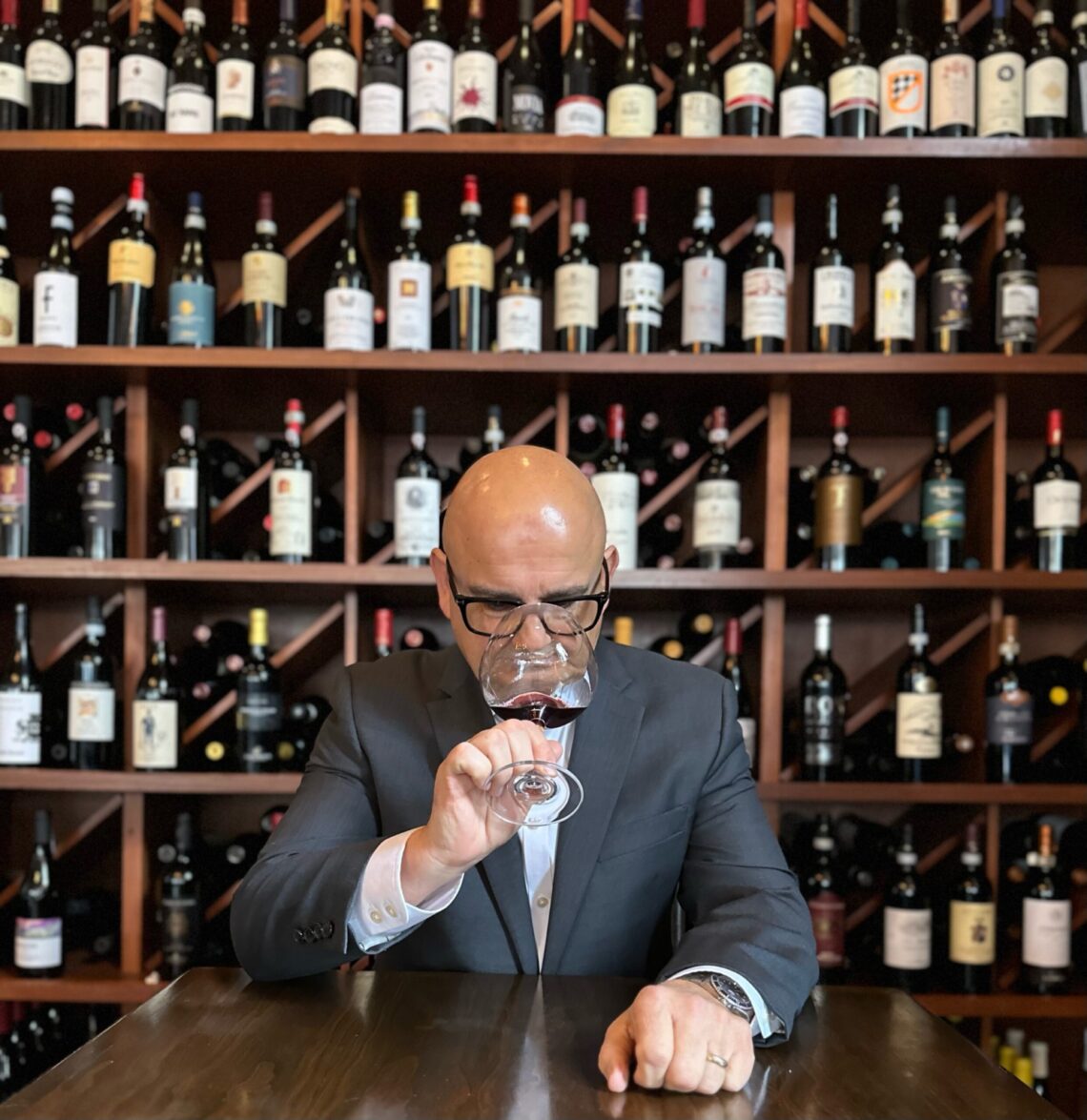The wine health warning labels, which will come into force in Ireland, with the approval of the European Union, reporting the serious damage to health of alcohol consumption, mark a historic turning point in the field of communication and marketing of wine.
Alcohol abuse is one of the scourges of contemporary times and it is not by shouting at the scandal, with respect to a decision, probably in the future concerning all the countries of the European Union, that the issue will be resolved.
The new millennium is bringing with it changes of various kinds and on different fronts. Rapid changes that require the ability to adapt and a society that also needs to be educated about certain types of consumption. Wine is among these, although certain assessments and consequent measures should not, in my humble opinion, concern only the food sector but also, for example, the immoderate use of a technology which, if not used correctly, plays a crucial role of disinformation.
In my article on the subject, I shared some reflections concerning the role that communication should have not tomorrow but today (indeed, yesterday).
I asked Nicola Angiuli, an importer of Italian wines in the USA for his point of view. Nicola Angiuli has thirty years of experience and the vision of an entrepreneur who operates in a society, such as the United States, which is highly competitive and whose wine market remains of crucial importance for entrepreneurs in the sector.
For the interview click here.








